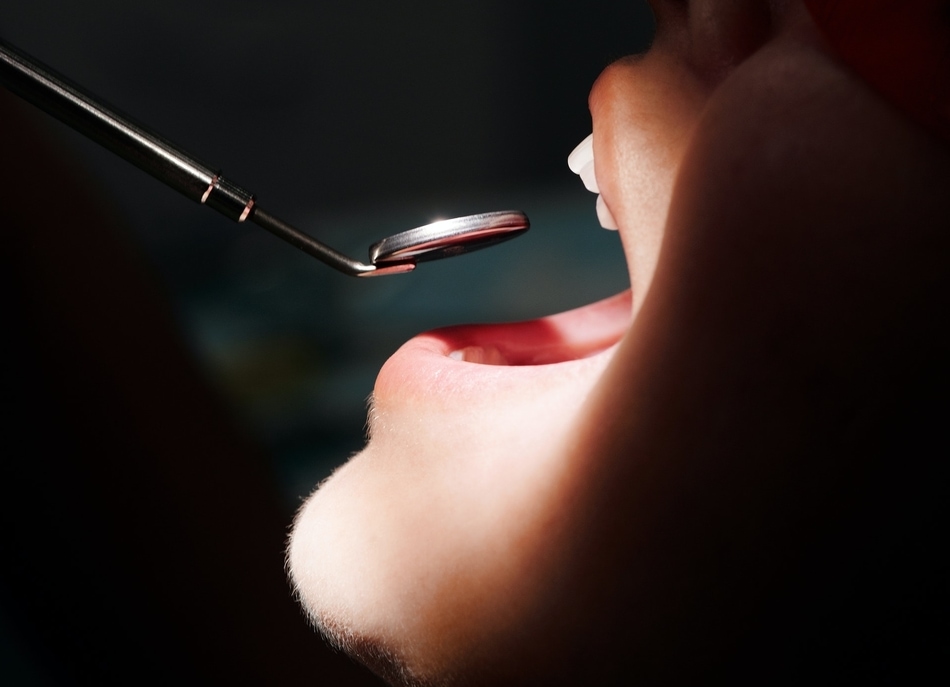
11 Nov Everything You Need to Know About Cavities
Plenty of people have dealt with cavities in their teeth. Maybe it was the horror stories your parents told you as a child that keep you anxious about getting cavities. You might have even had to have cavities filled before in your life, and are concerned you’ll get them again. The good news is, with a few simple guidelines and good habits, you can prevent cavities and avoid the long-term damage they can cause to your oral health.
To get a better understanding of cavities, we’ll look at:
- What causes cavities?
- Signs and symptoms of cavities
- What to do until your cavity can be treated by your dentist
- Cavity prevention and treatment
Cavities are one of the most common health problems people experience. Fortunately, they are easily prevented with regular brushing, flossing, and visiting your dentist on a regular basis. Keep reading to discover all of the secrets to a cavity-free life.
What Causes Cavities?
Cavities can be the result of multiple factors. However, all of these factors lead to one result—tooth decay. Tooth decay is a gradual process that occurs over time when dental plaque is left unchecked. Plaque is a clear, sticky substance that builds up on your teeth.
It’s usually the result of:
- Eating sugary foods
- Eating starchy foods
- Not cleaning your teeth properly
Failing to clean your teeth properly allows the bacteria in your mouth to feed off the sugar and starches that remain. As the bacteria feed off of these substances, it eventually turns into plaque. When left untreated, the plaque above or below the gumline can harden into a substance known as tartar, also known as calculus, which acts as a barrier against cleaning.
Tartar is much more difficult to remove than plaque, usually requiring a dental professional to clean it off. What makes it worse is that you can’t clean underneath the tartar on your own. This means that, while you may follow a proper oral health routine, you’re still not getting underneath the tartar. This is what makes tartar so dangerous to your teeth.
Tartar begins to sap the minerals from your teeth’s enamel, which is their protective barrier. Once it’s gone, the acids and bacteria go to work on the next layer of your teeth, dentin, which is softer than the enamel. This process continues down into the sensitive pulp of the tooth, eventually resulting in discomfort or pain.
Signs and Symptoms of Cavities
Signs and symptoms of cavities can vary depending on their size and location. For instance, a newly developing cavity may not have any signs or symptoms at all. On the other hand, cavities that have had more time to progress will be much more noticeable and present a much greater danger to your oral health and overall comfort.
Common signs and symptoms of cavities include:
- Visible holes or pits in the surface of your teeth
- Teeth that are sensitive to hot or cold temperatures
- Random toothaches that seem to lack an obvious cause
- Tooth pain when chewing or biting down
- Tooth pain that ranges from mild to severe when eating or drinking
- Discoloration of your teeth
Those with cavities may experience one or a combination of these signs and symptoms. Regardless of their severity or how often you experience them, they are a sign of a problem with your teeth and require immediate professional attention. Contact your dentist as soon as possible for treatment if you experience any of these symptoms.
What To Do Until Your Cavity Can Be Treated by Your Dentist
It’s likely that you may have to wait a little bit until you can see a dentist to treat your cavity. This means managing your cavity symptoms such as tooth sensitivity and pain until your appointment. Fortunately, there are steps you can take the waiting period more tolerable.
First, ask your doctor if it’s safe to use over-the-counter medication for pain relief. Your dentist may even have a specific ingredient or brand they recommend. You can also try switching to sensitivity toothpaste and mouthwash for the time being. These toothpastes are specially designed for those who experience tooth pain from hot or cold foods, as well as other causes.
Other tips involve avoiding things that set off the nerves in your decayed tooth. Brush your teeth with warm water to avoid the effects of hot or cold temperatures on your tooth. Likewise, avoid foods and drinks that may set off the nerve of your tooth. This includes foods and drinks that are hot, cold, acidic, or sweet.
Cavity Prevention and Treatment
Preventing cavities is preferable to treating them once it’s too late. It’s also much easier than you may think. Cavities may still happen. However, following basic oral health recommendations will help you have fewer cavities as well as allow your dentist to catch them sooner.
The best way to prevent cavities is to:
- Brush for two minutes, twice a day
- Floss at least once a day after eating
- See your dentist once every six months
There are other ways to help prevent cavities, such as using a soft-bristled toothbrush and eating a healthy diet. What’s most important to understand is that the three steps we just listed are your first steps toward a cavity-free mouth.
Cavity treatment can vary. It’s common for dentists to remove the decayed section of the tooth using a drill. How they repair it will depend on the severity of the cavity. The most common methods for cavity treatment are:
- Fillings
- Crowns
- Root canals
Fillings involve using a material such as gold, silver, porcelain, or composite resin to fill the hole. Crowns are made from similar materials and are used when the tooth is so decayed that a filling won’t work. Root canals may become necessary if the root or pulp of the tooth has been damaged beyond repair. Your dentist will clean and seal the area. A crown may be necessary.
Keeping regular appointments with your dentist are essential for treating cavities. Whether you already have a cavity or want to be sure to prevent one, give us a call at (229) 725-4545 or schedule an appointment with our office today. We’ll get you on track to a beautiful smile.
Augusta Family Dental is open 8 a.m. – 5 p.m, Monday through Thursday to help with all your dental needs.

Sorry, the comment form is closed at this time.